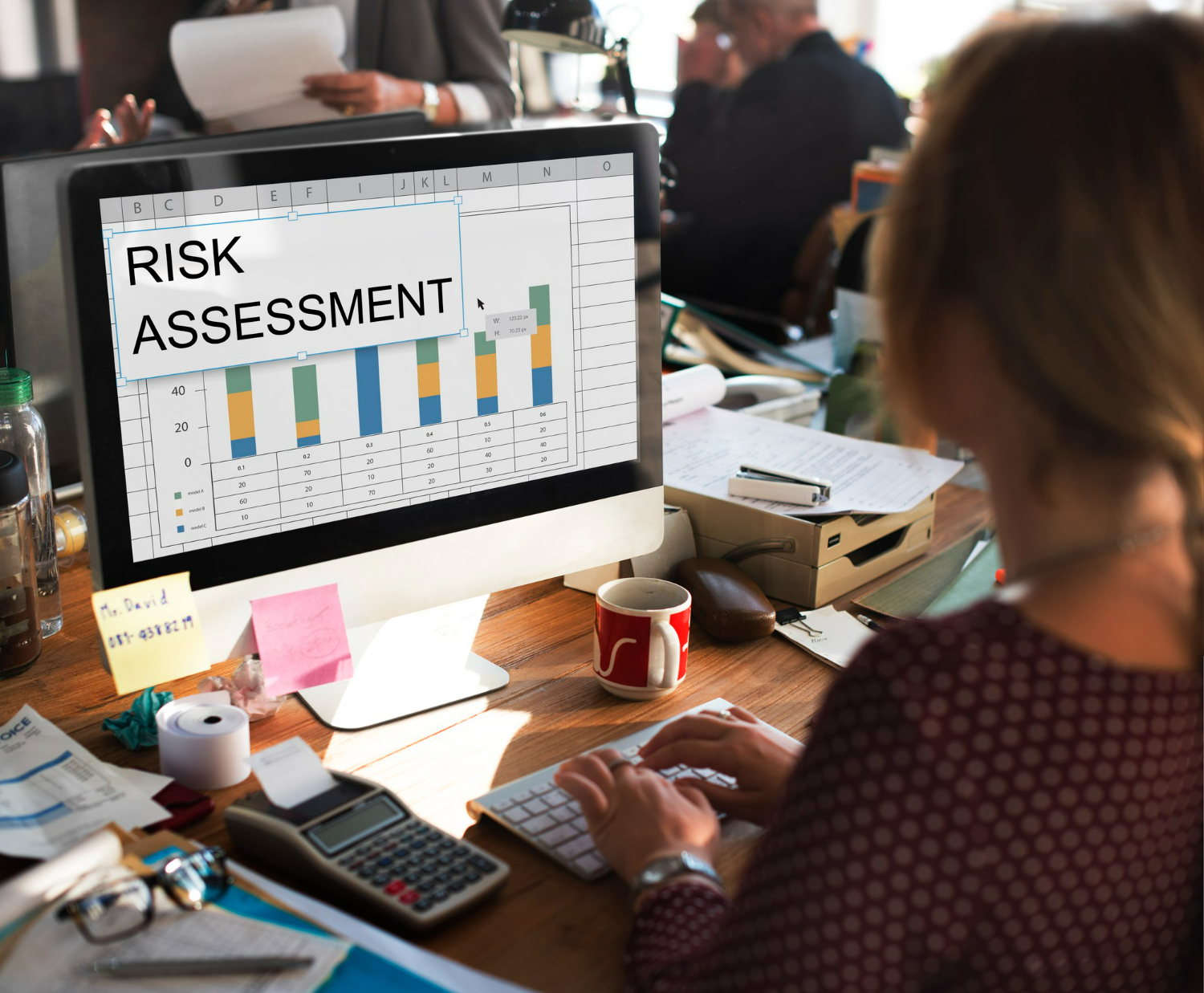For SMBs, every major decision carries risk. Due diligence consulting reduces uncertainty by uncovering hidden liabilities before capital is committed. In a business landscape where one wrong move can derail growth, this proactive approach has become essential for sustainable risk management.
By conducting structured reviews of financials, technology, operations, and compliance, due diligence provides clarity and confidence. Partnering with specialists through due diligence consulting services ensures companies spot red flags early, safeguard resources, and make smarter long-term decisions.
Why SMBs Can’t Ignore Due Diligence
Large corporations often have in-house risk teams. SMBs, however, don’t always have the same resources—yet they face equally complex decisions. Whether it’s acquiring another company, forming a joint venture, or expanding into a new market, due diligence provides a clear picture of potential risks and rewards.
For SMB owners, this process reduces uncertainty, protects limited resources, and ensures leadership has full visibility before committing to a decision. It also strengthens credibility with investors, lenders, and business partners—critical when resources are tight and the cost of mistakes is magnified.
Key Risk Areas Due Diligence Covers
Risk management is about anticipating problems before they become crises. A thorough due diligence review shines light on the most vulnerable areas of a business or transaction.
The consulting process often evaluates:
- Financial risks – Debt levels, cash flow issues, and revenue concentration.
- Operational risks – Inefficient processes, supply chain weaknesses, or overdependence on key staff.
- Legal and compliance risks – Pending litigation, intellectual property concerns, or regulatory gaps.
- Technology risks – Outdated systems, security vulnerabilities, or poor scalability.
- Reputational risks – Cultural mismatches, ethical issues, or negative brand perception.
For financial readers, this holistic approach is critical—it ensures risks aren’t siloed but addressed across the entire business ecosystem.
Why Consultants Add Value to Risk Management
Many SMBs handle some level of due diligence internally, but consultants bring specialized knowledge, objectivity, and proven frameworks. Their sector-specific expertise and structured methodologies reduce blind spots that internal teams often overlook.
Equally important, independent consultants provide credibility with external stakeholders. And beyond identifying risks, they deliver actionable recommendations that help businesses move from reactive firefighting to proactive risk prevention.
Practical Scenarios Where Due Diligence Pays Off
Risk management isn’t abstract—it’s about protecting real business outcomes. SMBs can benefit from consulting support in scenarios such as:
- Mergers and acquisitions – Assessing the true value and hidden liabilities of a target company.
- Partnerships and alliances – Ensuring potential collaborators align financially, operationally, and culturally.
- Vendor and supplier contracts – Vetting reliability and compliance to prevent costly disruptions.
- Scaling operations – Reviewing systems and processes to confirm readiness for growth.
- Investor relations – Demonstrating strong governance to attract capital.
Each of these scenarios carries significant risk if left unchecked—and high rewards if navigated with diligence.
Final Thoughts
For SMBs and financial decision-makers, due diligence consulting is more than a one-time step in a transaction—it’s a comprehensive risk management strategy. It protects resources, strengthens decision-making, and builds long-term resilience.
In an environment where risks are complex and stakes are high, businesses that adopt due diligence as a core practice gain a competitive edge. They not only avoid costly mistakes but also inspire trust among partners and investors. Simply put: companies that embed due diligence consulting into their strategy aren’t just protected—they’re positioned for growth.

